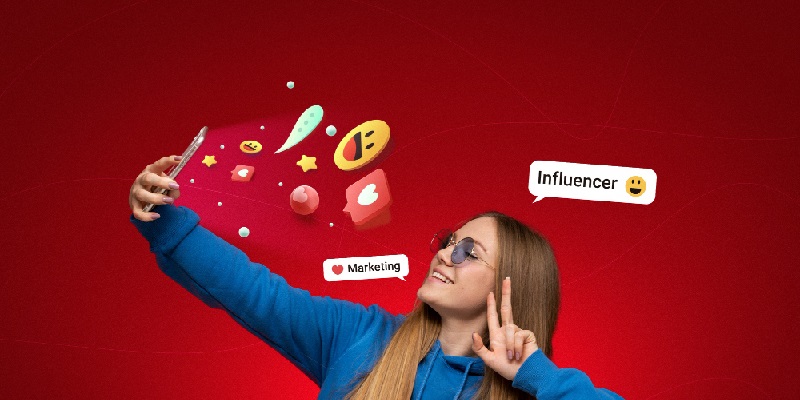In today’s digital age, businesses are constantly looking for ways to increase their customer base and sales. One effective way to do this is through influencer marketing – the practice of partnering with personalities and social media influencers to promote your products or services. Influencer marketing has emerged as a powerful tool that can help businesses reach a broader audience, increase brand awareness and ultimately boost sales.
In this article, we will explore the importance of influencer marketing in boosting sales funnel conversion rates. We will discuss how to define your target audience, identify relevant influencers with a strong following and create a profitable partnership that benefits both parties. We will also highlight different ways to partner with influencers, track and measure the results of your campaigns, set clear goals and expectations, and provide best practices for influencer marketing.
What is influencer marketing?
Influencer Marketing is the practice of partnering with social media influencers, celebrities, or industry experts to promote your brand, products, or services. These individuals have a significant social media following and are seen as authorities in their respective niches. By partnering with them, businesses can tap into their following and increase their exposure to a wider audience.
The Importance of Influencer Marketing in Boosting Sales Funnel Conversion Rates
Influencer marketing has been proven to be an effective way to boost sales funnel conversion rates. By partnering with an influencer who has a relevant audience, businesses can target potential customers who are more likely to convert. Influencers can help build trust and credibility with their followers, which can result in higher conversions. A study by Tomoson found that businesses earned an average of $6.50 for every dollar spent on influencer marketing.
Defining Your Target Audience
Before embarking on an influencer marketing campaign, businesses need to define their target audience. This will help them identify the type of influencer they should partner with. Understanding your target audience’s demographics, interests, and behavior will help create more effective campaigns that resonate with them.
Identifying relevant influencers with a strong following
Once a business has identified its target audience, the next step is to find relevant influencers with a strong following. This can be done through a variety of methods, including social media listening tools, influencer databases, or manually searching for influencers in your niche. It’s also important to look at an influencer’s engagement rates to ensure that their following is authentic.
Reaching out to potential influencers
Once potential influencers have been identified, the next step is to reach out and introduce yourself. This can be done through direct messages on social media, email, or through an influencer agency. It’s important to craft a personalized message that highlights the benefits of partnering with your brand.
Creating a Partnership that Benefits Both Parties
The key to a successful influencer marketing campaign is to create a partnership that benefits both parties. This can include sponsored posts, affiliate marketing, or collaborations. Influencers should be compensated fairly and provided with clear guidelines on what is expected of them. Businesses should also ensure that the partnership aligns with their brand values and goals.
Different Ways to Partner with Influencers
There are different ways businesses can partner with influencers. These include sponsored posts, where the influencer promotes a product in exchange for compensation; affiliate marketing, where the influencer receives a commission on sales generated through their unique link; and collaborations, where the influencer plays a more active role in the creative process.
Tracking and measuring results of influencer marketing campaigns
It’s important to track and measure the results of influencer marketing campaigns. This can be done through tracking links, unique discount codes, or social media analytics. By analyzing the results, businesses can determine the return on investment (ROI) of their campaigns and make data-driven decisions for future campaigns.
Setting clear goals and expectations
Before starting an influencer marketing campaign, businesses should set clear goals and expectations. This includes defining the type of content to be created, determining the timeline for the campaign, and establishing expected ROI. By establishing clear goals, influencers have a better understanding of what the business hopes to achieve and can create more effective campaigns.
Best practices for influencer marketing
There are several best practices for influencer marketing that businesses should follow. These include being transparent about sponsored content, focusing on long-term partnerships, and creating authentic content that aligns with the influencer’s voice and style. It’s also important to have a clear contract that outlines the scope of work and expectations.
Influencer marketing has emerged as a powerful tool that can help businesses reach a wider audience, increase brand awareness, and ultimately boost sales. By following the steps outlined in this article, businesses can successfully partner with relevant influencers, create effective campaigns, and achieve their sales goals. Remember to always set clear goals and expectations, track and measure the results, and provide fair compensation to influencers. With proper planning and execution, influencer marketing can be a game-changer for businesses looking to take their sales funnel conversion rates to the next level.

